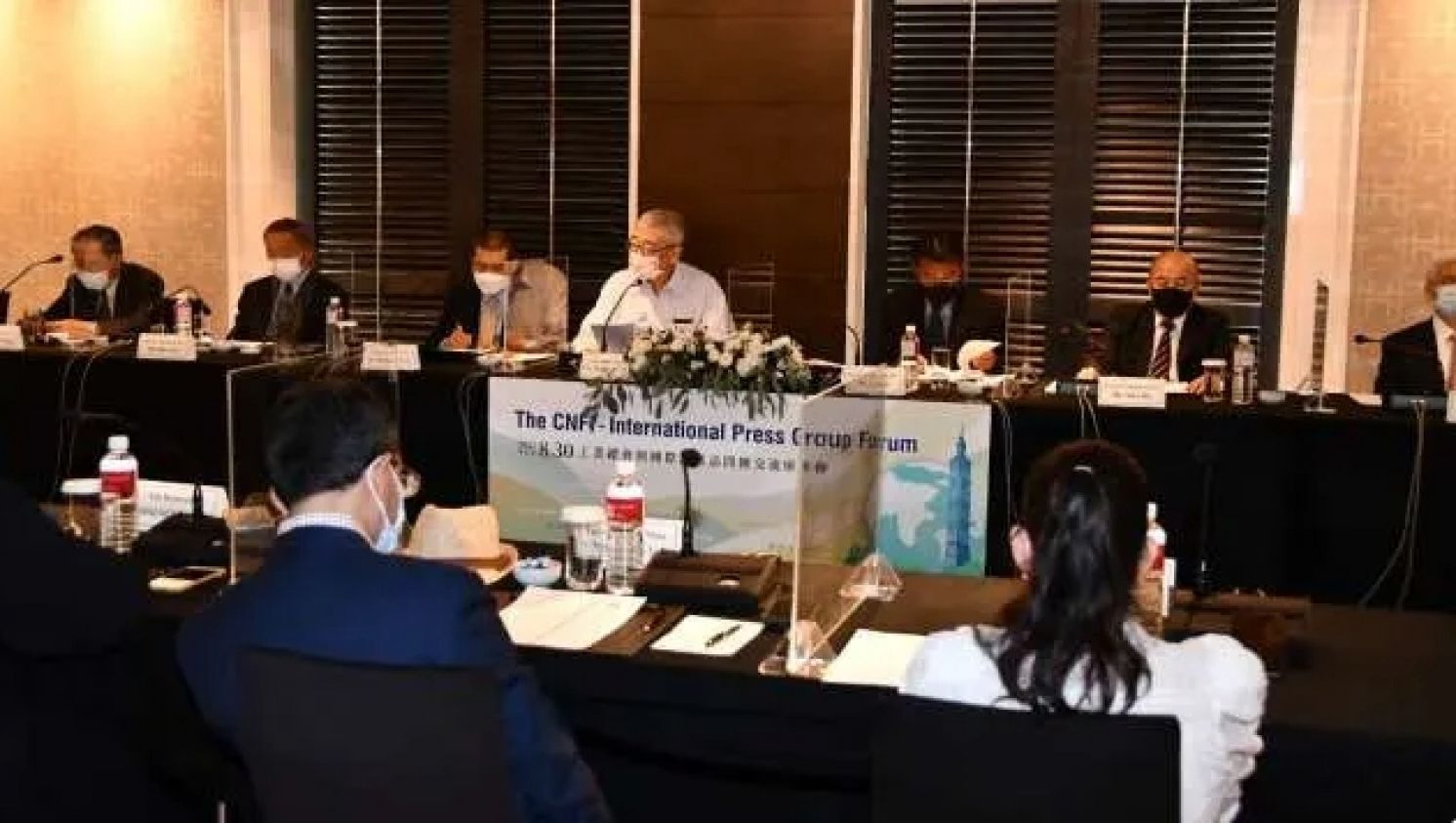
This Week in Taiwan 0129-0224
January 30: Taiwan's Chinese National Federation of Industries (CNFI) suggested that the new cabinet review its energy policy to provide a stable and low-carbon energy supply, pay attention to mainland China's changing position in the world economy and re-evaluate economic and trade policies towards the mainland, take heed of socio-economic problems caused by an aging population and low birth rates, and accelerate the process to push for Taiwan's membership in the Comprehensive and Progressive Agreement for Trans-Pacific Partnership (CPTPP).
January 30: President Tsai Ing-wen and President-Elect Petr Pavel of the Czech Republic had a phone call for about 15 minutes. Pavel expressed support for Taiwan's maintaining a vibrant democracy free from authoritarian coercion and promised to strengthen cooperation with Taiwan. Foreign media later reported, however, that Pavel emphasized the phone call was initiated by President Tsai, and he accepted her congratulations.
February 1: The returns in 2022 of the labor fund was released. The fund lost NT$352.9 billion (about US$11.7 billion), with a return rate of -6.71 percent, the largest loss since the establishment of the Bureau of Labor Funds at the Ministry of Labor. The new labor retirement fund, which is related to labor pension accounts, suffered a loss of NT$228 billion (about US$7.6 billion), with a return rate of -6.67 percent, an average loss of NT$18,600 (about US$620) in each worker’s personal account.
February 1: Chairman Young Liu of Hon Hai Precision Industry Company (Foxconn) revealed that he is planning to set up an electric vehicle component factory in Europe for the first time. He also plans to go to the United States to sign contracts with customers from March to April and inspect their plant in Mexico. New plans for the Wisconsin plant in the United States may be announced during this period. He also predicted that new car models will be launched on the Hon Hai Technology Day (October 18) this year.
February 3: The Central Epidemic Command Center originally planned to lift its mask mandate at the end of the January but postponed it. Commander Wang Pi-sheng indicated that there are three major factors to consider, including tight medical capacity, communication among ministries, and rebound in the number of cases after Chinese New Year.
February 3: The Ministry of Justice (MOJ) achieved a major breakthrough in pursuing the unlawful commission in the Lafayette frigate scandal. Through mutual judicial assistance, the MOJ successfully requested that Liechtenstein return the commission of the family of late arms dealer Wang Chuan-pu, amounting US$1.1 million. This is the first commission sum recovered, and it will be transferred to the national treasury after the prosecution executes the confiscation procedure.
February 3: Retired Army lieutenant colonel Wei Hsian-yi and retired Air Force major general Qian Yao-tung were accused of serving as Chinese Communist spies and attempting to develop espionage organizations in Taiwan. Their sentences for violating the National Security Act were suspended by the Taipei District Court last month. It is rare for three prosecutors in the Taipei District Prosecutor's Office to jointly appeal a case, but that is what took place. Attachments included in the appeal were media reports, editorials, and remarks delivered by President Hsu Chung-li of the Judicial Yuan and Minister of Justice Tsai Ching-hsiang about national security cases on Justice Day. Critics question whether leaders of the justice system are "guiding" the handling of the case, but the Taipei District Prosecutor's Office denied the allegations.
February 3: Mainland China on February 1 called for resuming normal operation of cross-strait flight routes and sent a letter to Taiwan to propose the resumption of 16 direct flight points. Minister of Transportation and Communications Wang Kuo-tsai responded on February 3 that the current traffic volume at four flight points across the strait is still below 50 percent, and opening 16 flight points at once should consider overall traffic volume and the pandemic situation. He stated that the flight routes will definitely be resumed in the future, but the timing must still be discussed among relevant parties.